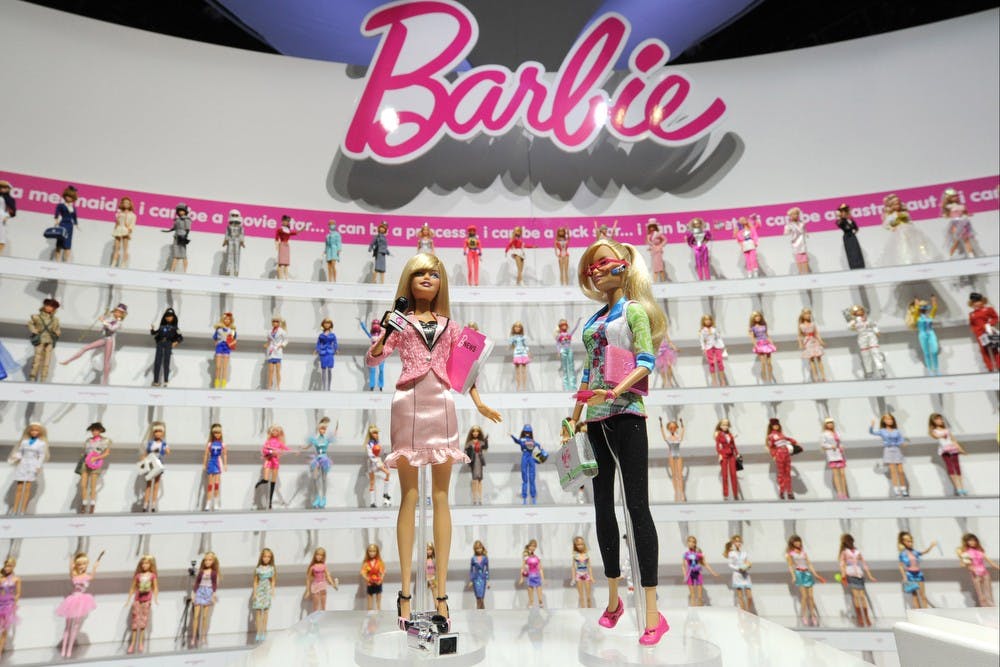After over 50 years of blonde blowouts and golden skin, Barbie is finally starting to celebrate the diversity of women around the world with new skin tones, face shapes and hairstyles. Not only that, but with the release of an exclusive doll that features Zendaya Coleman’s likeness and dolls that get a period, this shift toward more representation of more diverse types of women bodes well for a future where all little girls can find dolls that look like them on the shelves of Toys "R" Us.
Now with a one-of-a-kind doll, Barbie is celebrating diversity with a doll designed after Zendaya Coleman’s outfit at the 2014 Oscars. When Coleman debuted her dreadlocks at the Academy Awards in
The former Disney star took to Twitter to voice her disappointment and she was praised for her grace in handling a volatile situation. As of this Saturday, Barbie announced that they were “celebrating women raising their voices” with the Coleman doll.
“When I was little I couldn’t find a Barbie that looked like me, my … how times have changed. Thank you @barbie for this honor and for allowing me to be apart of your diversification and expansion of the definition of beauty,” Coleman wrote on Instagram.
More than the praise rightfully being heaped on Coleman, it’s especially exciting to see a doll that celebrates a real woman, dreadlocks and all. While Barbie and what she represents certainly isn’t perfect, it’s comforting to see another incremental step towards a better future from the toy manufacturer.
Recent studies have shown that just playing with thin dolls has a negative correlation to how much girls eat and playing with Barbies affects their career aspirations. Thankfully, there is an emerging trend towards more diversity not just in Barbies, but girl’s dolls across the board. Notably, most of these new dolls were created by parents in a response to Barbies and other girls dolls not featuring enough diversity and not reflecting a wide range of opportunities for girls.
A mother recently launched an American Girl-style doll with natural hair, after her daughter started to dislike her own kinky hair and skin tone. Also launched on Kickstarter,
— Zendaya (@Zendaya) February 24, 2015
In a culture where white celebrities are routinely praised for wearing black hairstyles and black celebrities are criticized for doing the exact same thing, it’s heartening to see that there is a shift towards greater representation in children’s toys. It’s not much, but it’s a start. Hopefully,
Related Links:
New Disney Ursula doll sparks outrage in battle with body image
Reach the columnist at mvandobb@asu.edu or follow @maureenvd on Twitter.
Editor’s note: The opinions presented in this column are the author’s and do not imply any endorsement from The State Press or its editors.
Want to join the conversation? Send an email to opiniondesk.statepress@gmail.com. Keep letters under 300 words and be sure to include your university affiliation. Anonymity will not be granted.
Like The State Press on Facebook and follow @statepress on Twitter.




